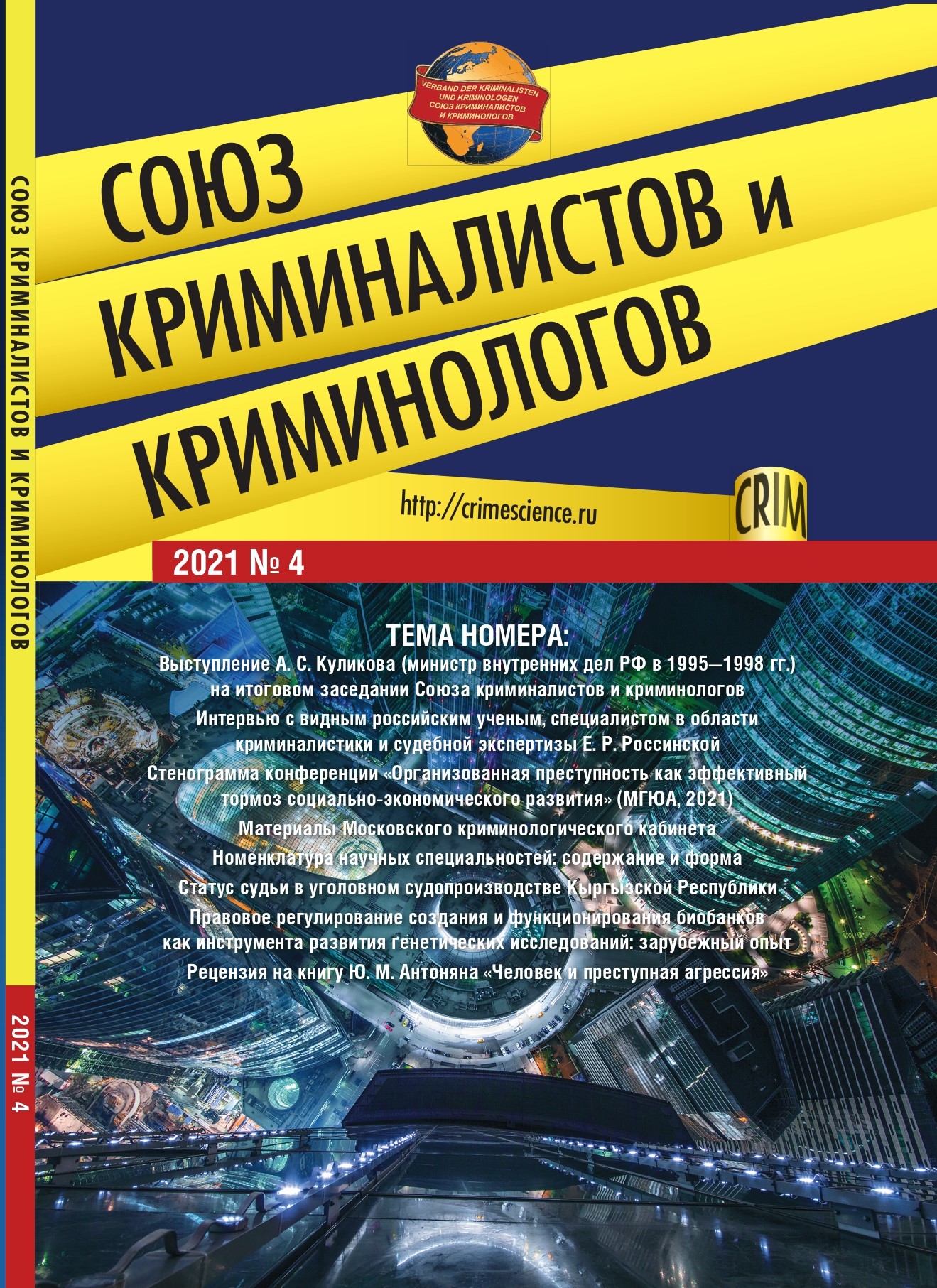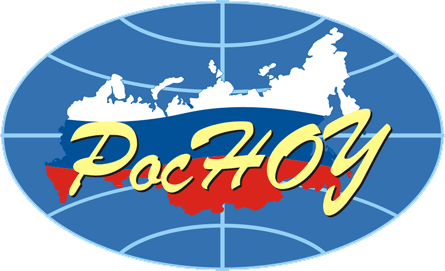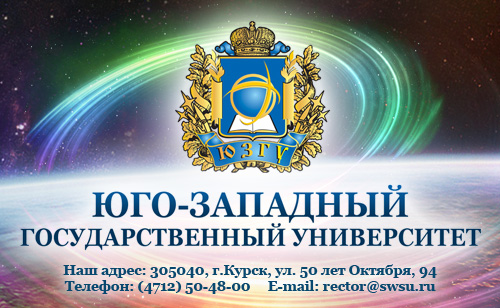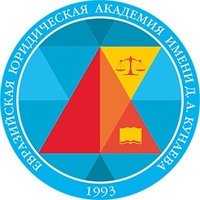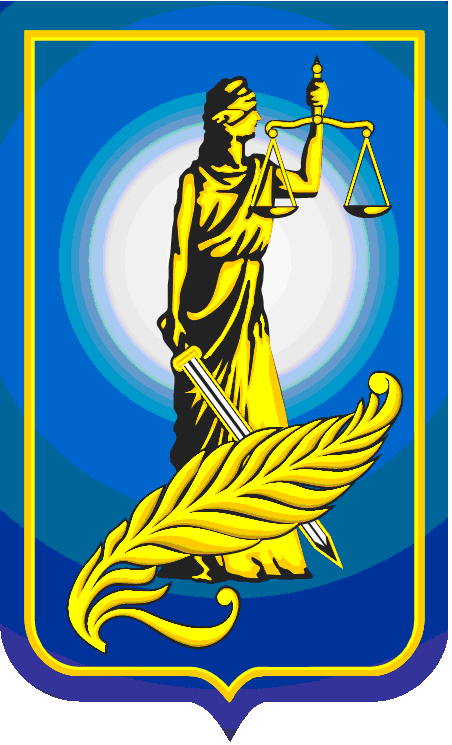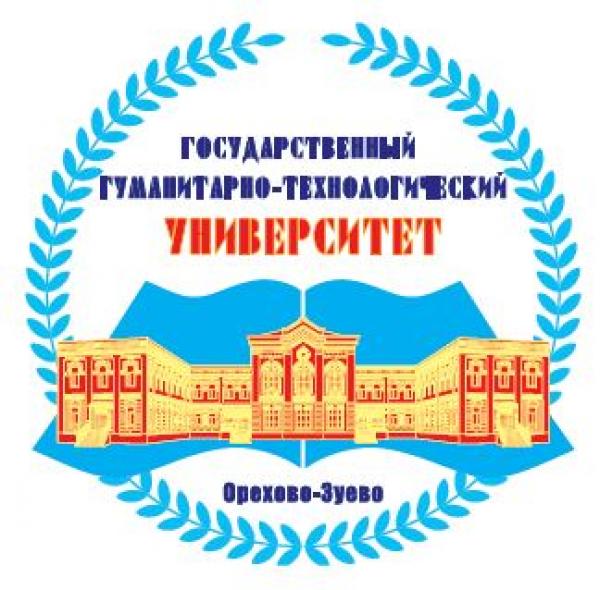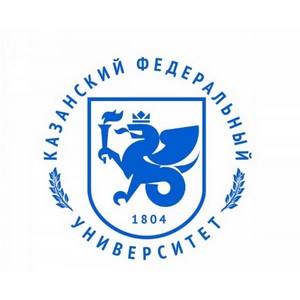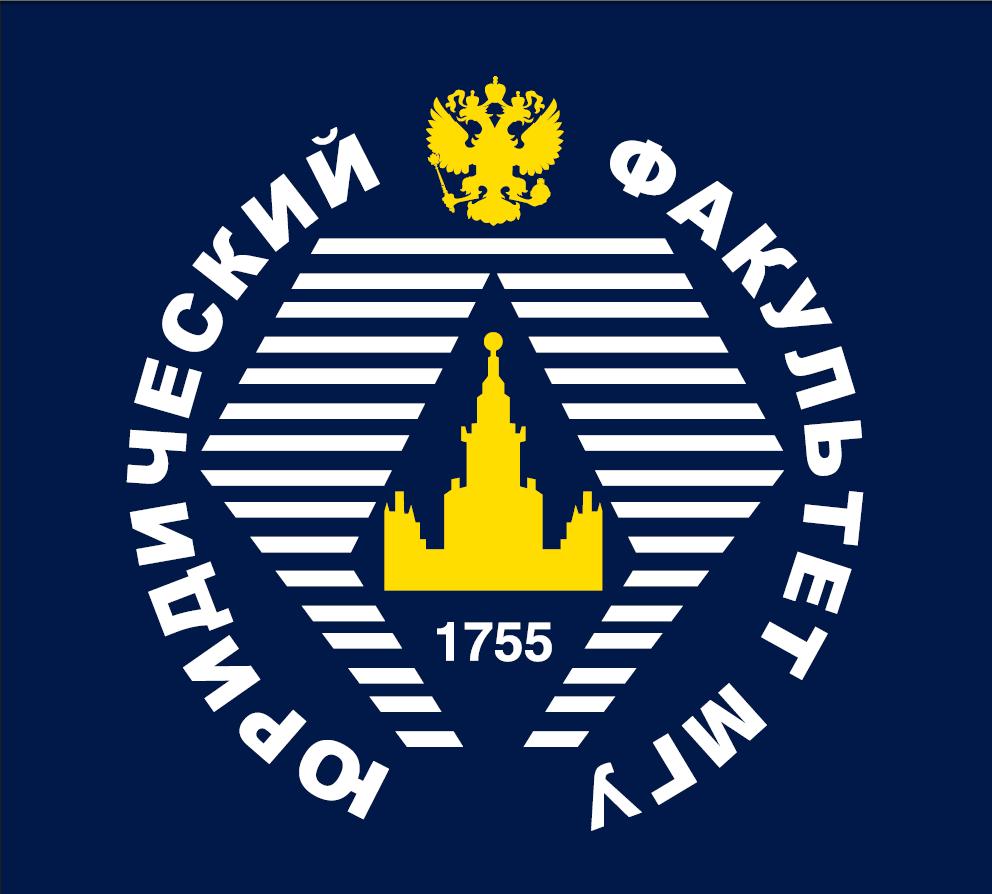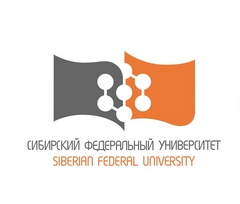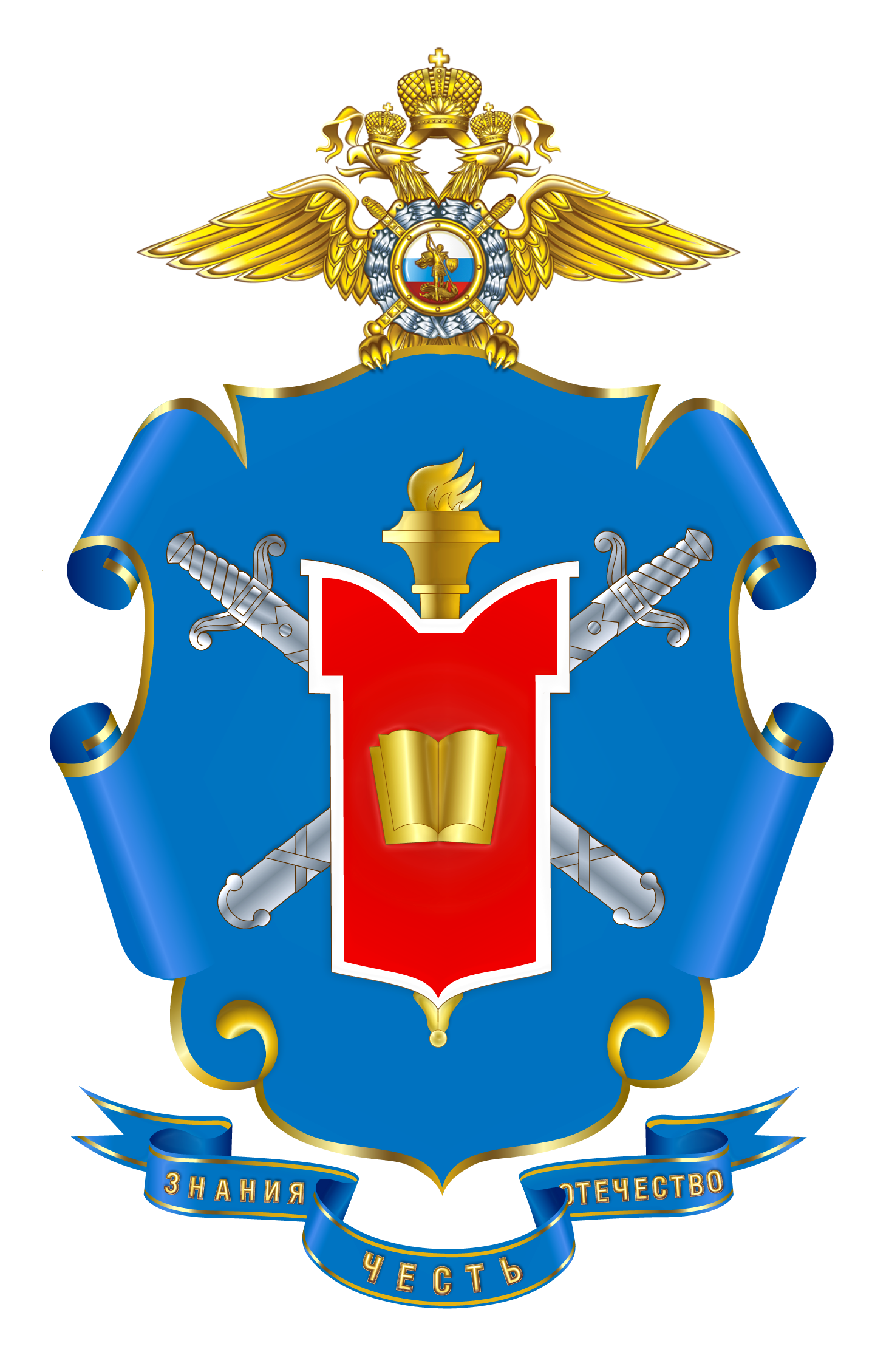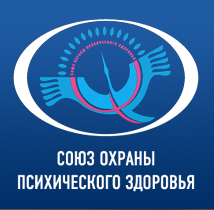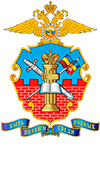On 23 June 2021, a regular online meeting of the author’s project ‘Criminal law gatherings at N.A. Lopashenko’s’ was held together with the Saratov Branch Office of the Union of Criminalists and Criminologists. The meeting was held in the ‘Person’ format and was dedicated to Doctor of Legal Sciences, Professor of the Chair of Crime Investigation Bodies Management at the Academy of Management of the Ministry of Internal Affairs of Russia, Honoured Lawyer of the Russian Federation, Honoured Scientist of the Russian Federation, Honoured Employee of the Ministry of Internal Affairs of Russia, Major General of Justice (retired) Professor Boris Yakovlevich GAVRILOV (Moscow).
More than seventy people took part in the Gatherings, including representatives of all regions of Russia, as well as from such countries as the Republic of Belarus, the Republic of Kazakhstan, Germany.
At the beginning, the participants of the online event paid tribute to the memory of their deceased colleagues:
— Doctor of Legal Sciences, Professor, Honoured Lawyer of the Russian Federation, Honoured Worker of Higher Professional Education of the Russian Federation Professor Yuri I. BYTKO (Saratov);
— Doctor of Legal Sciences, Professor, Honoured Lawyer of the Russian Federation, Honoured Worker of Higher Professional Education of the Russian Federation, member of the Russian Academy of Legal Sciences Professor Vladimir I. KOMISSAROV (Moscow).
This was followed by the ‘Personal questions to a Person’ heading, in which Boris Ya. Gavrilov answered a number of questions from the organiser Natalia A. Lopashenko, which were both personal and professional.
After that, Boris Ya. Gavrilov outlined the topic of his speech: ‘On the current state and vector of Russian criminal justice development through the eyes of a law enforcement officer and a scientist.’ In his report, in particular, he pointed out the low efficiency of the current state of criminal procedure legislation. According to the Professor, every year, more than 70% of initiated criminal cases are suspended. Thus, the perpetrators of crimes remain unpunished, which gives rise to new crimes. At the same time, the level of criminal repression remains high (450,000 convicts are held in places of detention). Among the reasons is the excessive formalisation of Russian Criminal Procedure Code (CPC), including its institutions such as the terms of the preliminary investigation, filing charges, conducting inquiry in an abbreviated form, the procedural statuses of a suspect and an accused. The stage of initiation of a criminal case requires reorganisation, the presence of which in the CPC prevents the implementation of the provisions of Article 52 of the Constitution of the Russian Federation on access to justice annually for about four-five million citizens who have suffered from a crime.
The speaker received questions from the audience:
- Professor Vyacheslav I. Seliverstov (Moscow): ‘A high percentage of self-citation in a thesis for the degree of Candidate of Legal Sciences, which may be considered as a kind of ‘dogmatic thinking’ is the reason that this kind of work cannot be admitted by the State Commission for Academic Degrees and Titles?;
- Professor Vladimir S. Dzhatiev (Moscow): ‘Should the term ‘self-citation’ be excluded?’;
- Associate Professor Elena E. Ponomareva (Petropavlovsk-Kamchatsky): ‘If the court reduces the charges, should it is considered as the new charges?’;
- Associate Professor Svetlana S. Tikhonov (Nizhny Novgorod): ‘Whether the terms ‘bureaucratisation’ and ‘formalisation’ you have mentioned indicate the presence of a large number of technical shortcomings in the Criminal Procedure Code of Russia?’;
- and many other questions.
Within the framework of a free discussion, personal opinions were expressed by Professor Vladimir S. Jatiev (Moscow), Professor Viktor I. Gladkikh (Moscow), Doctor of Legal Sciences Oksana V. Kachalova (Moscow), Professor Bulatbek K. Shnarbayev (Karaganda), Associate Professor Elena E. Ponomareva (Petropavlovsk-Kamchatsky) and Senior Lecturer Almagul R. Khasenova (Karaganda).
In conclusion, Professor Boris Ya. Gavrilov thanked the Gatherings participants for their interest in the topic of the report and the following discussion.Organiser Natalia A. Lopashenko declared the event over.
The review was prepared by the Secretary of the Union of Criminalists and Criminologists Saratov Branch, Roman Komyagin
Translated by Elizaveta O. Ovchinnikova





